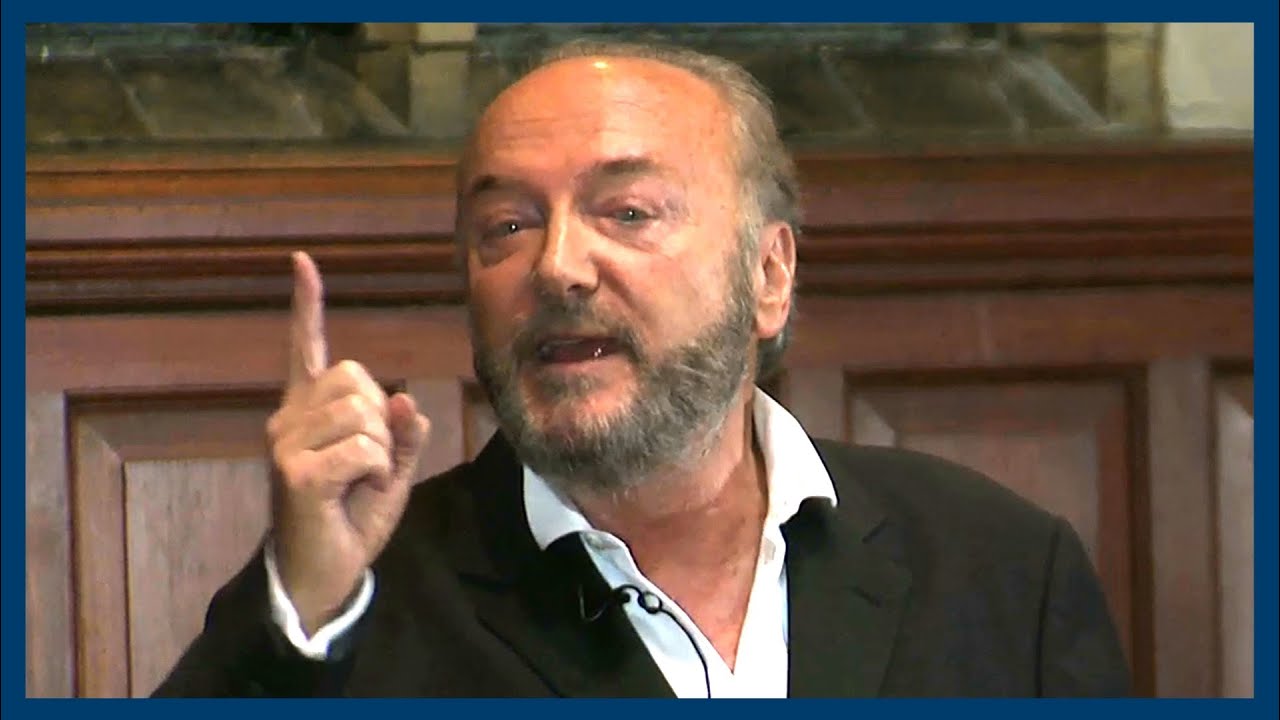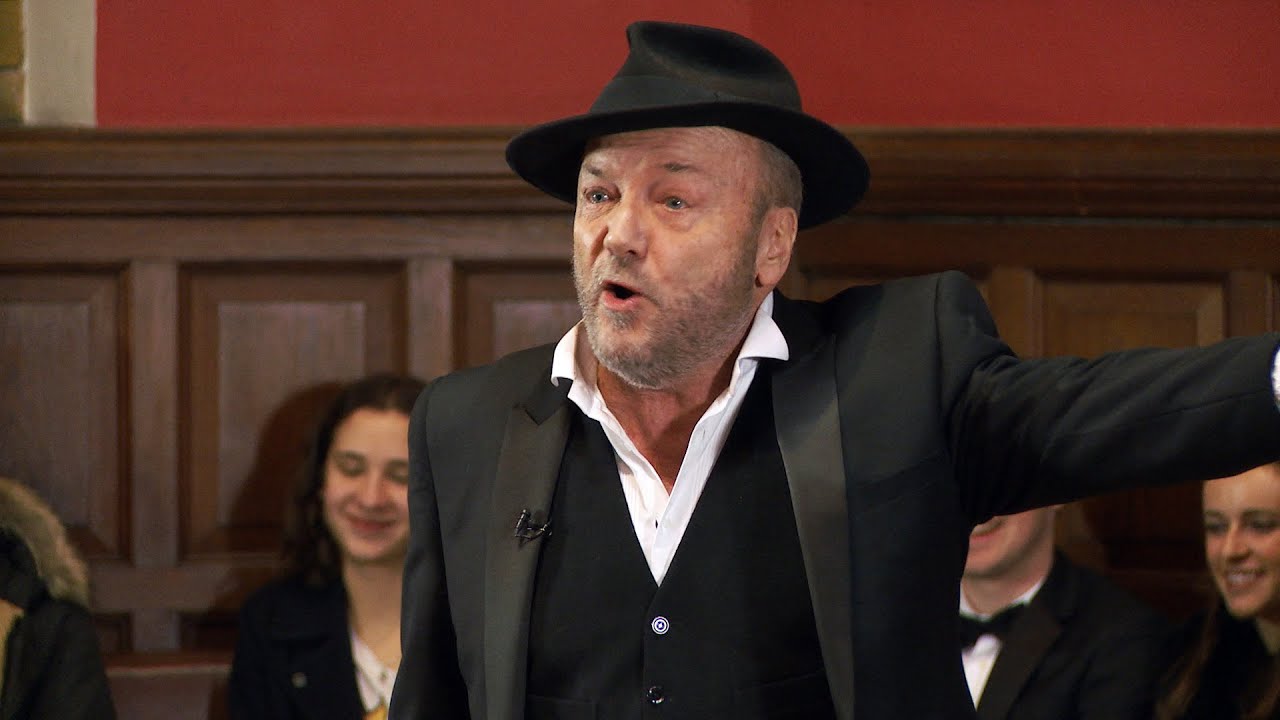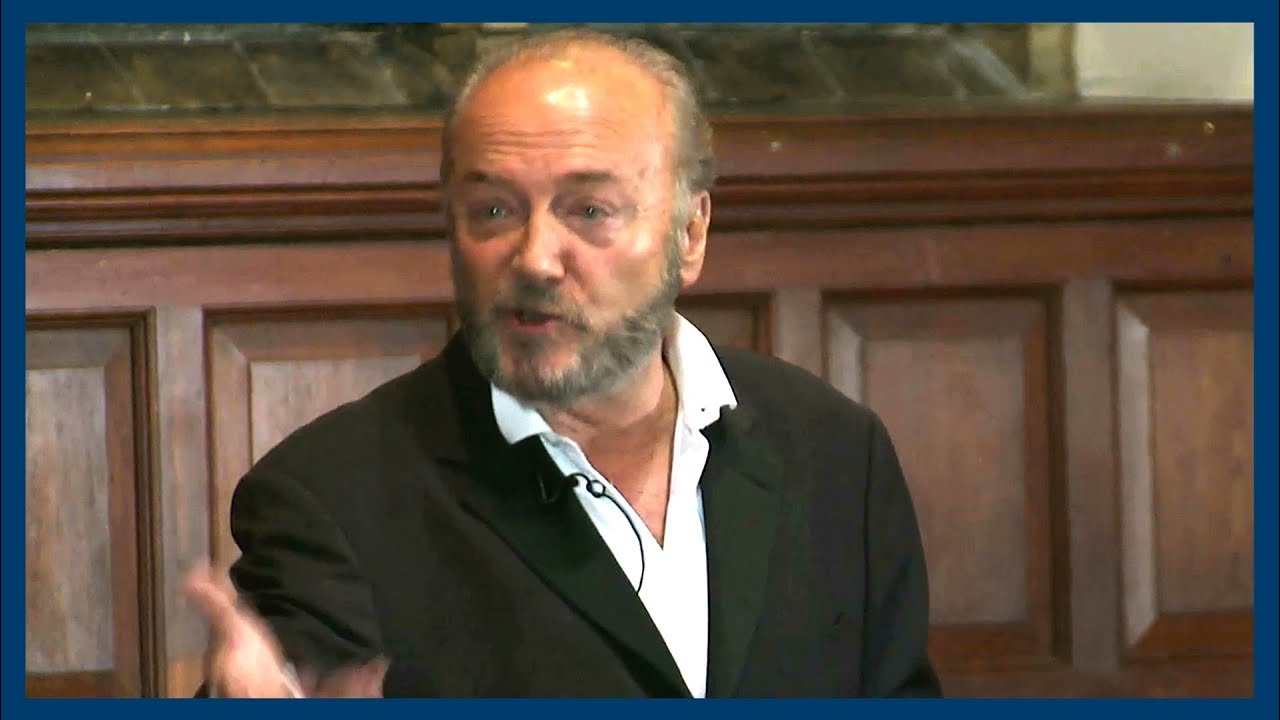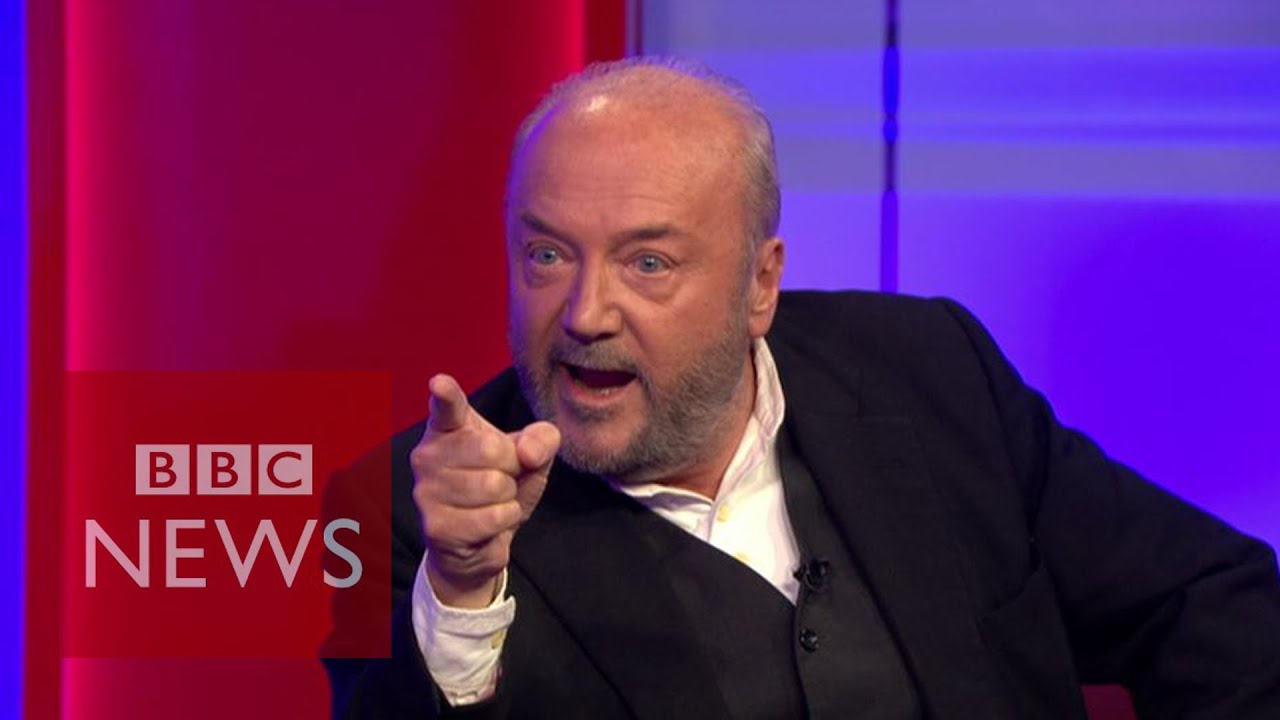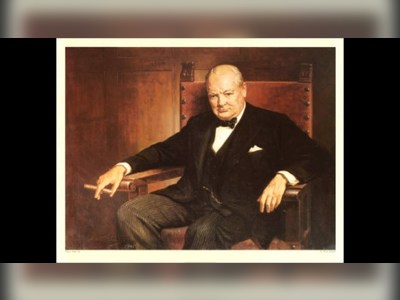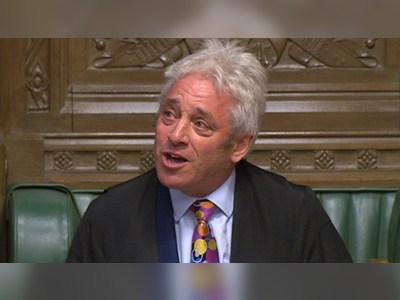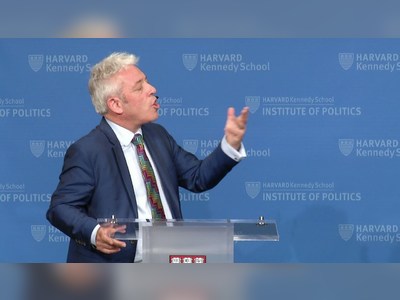British Heritage
Remember, Cherish, Learn.
beta
George Galloway: The state of Britain, 2013
A Bold Voice in Britain's Socio-Political Landscape.
George Galloway, a British politician, broadcaster, and writer, has emerged as one of the most influential figures in the United Kingdom's socio-political landscape. With a career marked by controversy, candid commentary, and unapologetic critique of Britain's institutions and policies, Galloway has played a critical role in stimulating public discourse and catalysing change. His enduring legacy lies in his candid critique of socio-political issues, his commitment to shedding light on the state of Britain, and his constant fight against economic and social inequalities.
Born on August 16, 1954, in Dundee, Galloway began his political career as the youngest ever chair of the Scottish Labour Party in 1981. His career then took him to the London-based charity War on Want, where he served as general secretary from 1983 until his election as Member of Parliament (MP) for Glasgow Hillhead (later Glasgow Kelvin) in 1987.
Galloway held parliamentary positions for four constituencies between 1987 and 2010, and then between 2012 and 2015, first for the Labour Party and later the Respect Party. Notably, in 2003, he was expelled from the Labour Party for his public remarks deemed to bring the party into disrepute, including calls for British troops to disobey orders.
Galloway continued his political journey by joining the Respect Party in 2004, assuming the leadership role by late 2013. He served one parliamentary term for Bethnal Green and Bow after a stunning victory over the incumbent Labour MP, Oona King, in the 2005 general election. He then returned to the House of Commons by winning the Bradford West by-election in 2012 but lost his seat in the 2015 general election.
His political career took a more independent direction when he ran as an independent candidate for Manchester Gorton in 2017 and West Bromwich East in 2019. Following the 2019 general election, he founded the Workers Party of Britain, before establishing All for Unity in 2020 to support British unionism amid rising support for Scottish independence and the Scottish National Party (SNP).
One of Galloway's most powerful contributions to the British public discourse was his 2013 address at the Oxford Union, a speech that critiqued the state of Britain, its political divide, and its discredited institutions. He argued against Britain's failed economy, excessive spending on foreign misadventures, and the incompetence of the police, the judiciary, and the City of London. He also called out the press for its unethical practices, including phone hacking, fostering false hopes, and overall lack of integrity.
In his speech, Galloway criticised the lack of accountability in Britain, particularly among bankers and big corporations. He suggested that the wealthy evaded income tax to the detriment of the country's economy and highlighted that austerity measures, such as cuts and tuition fees, would be unnecessary if tax evasion were effectively addressed.
The speech offered a bold indictment of the state of the nation, calling for a rejection of mediocrity in British politics. Galloway also reminded his audience that the income inequality in the UK was worse than when Charles Dickens wrote Oliver Twist, a stark comparison that underscored the severity of socio-economic disparities in modern Britain.
Throughout his career, George Galloway has consistently asserted his influence as a provocative, fearless political voice. His critiques of British politics, institutions, and foreign policy have stimulated public debate and challenged the status quo. He has contributed significantly to British heritage by championing transparency, accountability, and economic fairness. Despite his controversial approach, Galloway's commitment to open discourse and social justice reflects the dynamic spirit of British democracy. His legacy continues to shape Britain's political landscape, inspiring subsequent generations of activists, politicians, and citizens to question and critique their society and its institutions.
George Galloway: A Stalwart of the Political Realm
Born on August 16, 1954, in Dundee, Galloway began his political career as the youngest ever chair of the Scottish Labour Party in 1981. His career then took him to the London-based charity War on Want, where he served as general secretary from 1983 until his election as Member of Parliament (MP) for Glasgow Hillhead (later Glasgow Kelvin) in 1987.
Galloway held parliamentary positions for four constituencies between 1987 and 2010, and then between 2012 and 2015, first for the Labour Party and later the Respect Party. Notably, in 2003, he was expelled from the Labour Party for his public remarks deemed to bring the party into disrepute, including calls for British troops to disobey orders.
Galloway continued his political journey by joining the Respect Party in 2004, assuming the leadership role by late 2013. He served one parliamentary term for Bethnal Green and Bow after a stunning victory over the incumbent Labour MP, Oona King, in the 2005 general election. He then returned to the House of Commons by winning the Bradford West by-election in 2012 but lost his seat in the 2015 general election.
His political career took a more independent direction when he ran as an independent candidate for Manchester Gorton in 2017 and West Bromwich East in 2019. Following the 2019 general election, he founded the Workers Party of Britain, before establishing All for Unity in 2020 to support British unionism amid rising support for Scottish independence and the Scottish National Party (SNP).
An Influential Voice: The 2013 State of Britain Address
One of Galloway's most powerful contributions to the British public discourse was his 2013 address at the Oxford Union, a speech that critiqued the state of Britain, its political divide, and its discredited institutions. He argued against Britain's failed economy, excessive spending on foreign misadventures, and the incompetence of the police, the judiciary, and the City of London. He also called out the press for its unethical practices, including phone hacking, fostering false hopes, and overall lack of integrity.
In his speech, Galloway criticised the lack of accountability in Britain, particularly among bankers and big corporations. He suggested that the wealthy evaded income tax to the detriment of the country's economy and highlighted that austerity measures, such as cuts and tuition fees, would be unnecessary if tax evasion were effectively addressed.
The speech offered a bold indictment of the state of the nation, calling for a rejection of mediocrity in British politics. Galloway also reminded his audience that the income inequality in the UK was worse than when Charles Dickens wrote Oliver Twist, a stark comparison that underscored the severity of socio-economic disparities in modern Britain.
The Legacy of George Galloway
Throughout his career, George Galloway has consistently asserted his influence as a provocative, fearless political voice. His critiques of British politics, institutions, and foreign policy have stimulated public debate and challenged the status quo. He has contributed significantly to British heritage by championing transparency, accountability, and economic fairness. Despite his controversial approach, Galloway's commitment to open discourse and social justice reflects the dynamic spirit of British democracy. His legacy continues to shape Britain's political landscape, inspiring subsequent generations of activists, politicians, and citizens to question and critique their society and its institutions.
